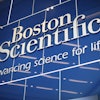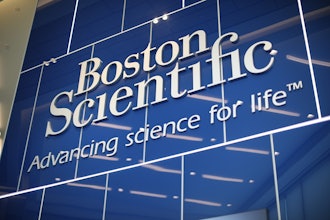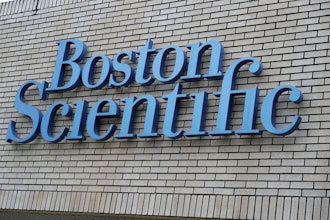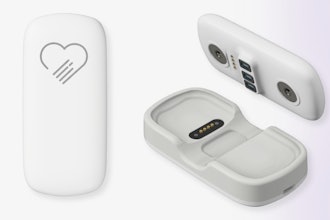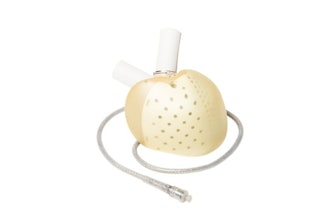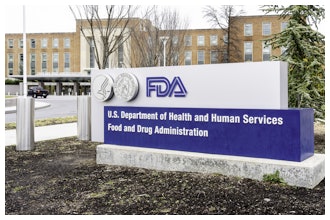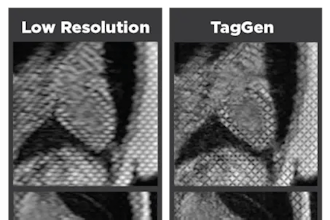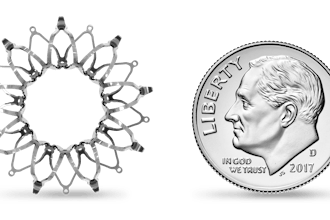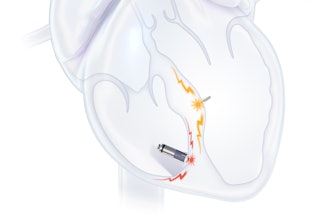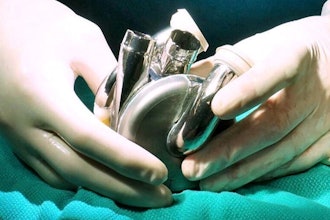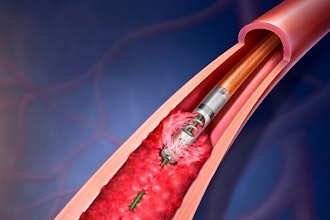
Boston Scientific today announced it has received U.S. Food and Drug Administration (FDA) approval for the AGENT Drug-Coated Balloon (DCB), which is indicated to treat coronary in-stent restenosis (ISR) in patients with coronary artery disease. ISR is the obstruction or narrowing of a stented vessel by plaque or scar tissue.
Serving as an alternative to traditional therapies such as balloon angioplasty, additional layers of stenting or radiation, the AGENT DCB is a paclitaxel-coated balloon catheter that transfers a therapeutic dose of drug to the vessel wall to help prevent ISR reoccurrence.
Following Breakthrough Device Designation granted for the technology by the FDA in 2021, the approval was supported by positive results from the multicenter, prospective, randomized controlled AGENT IDE trial, which enrolled 600 patients at 40 U.S. sites. In the prespecified interim analysis of the first 480 patients enrolled, the study met the primary endpoint of target lesion failure (TLF) at 12 months with the AGENT DCB demonstrating statistical superiority to uncoated balloon angioplasty (17.9% vs. 28.7%; P=0.006). Findings also included zero definite/probable cases of clotting within the stent (0.0% vs. 3.9%, P=0.001), a 49% risk reduction in heart attack at the target vessel (6.4% vs. 12.3%, P=0.03) and low adverse event rates at 12 months.
The AGENT DCB is available in Europe, parts of Asia Pacific and Latin America for the treatment of patients with ISR and previously untreated small vessel coronary disease. Boston Scientific plans to launch the technology in the U.S. in the coming months.


